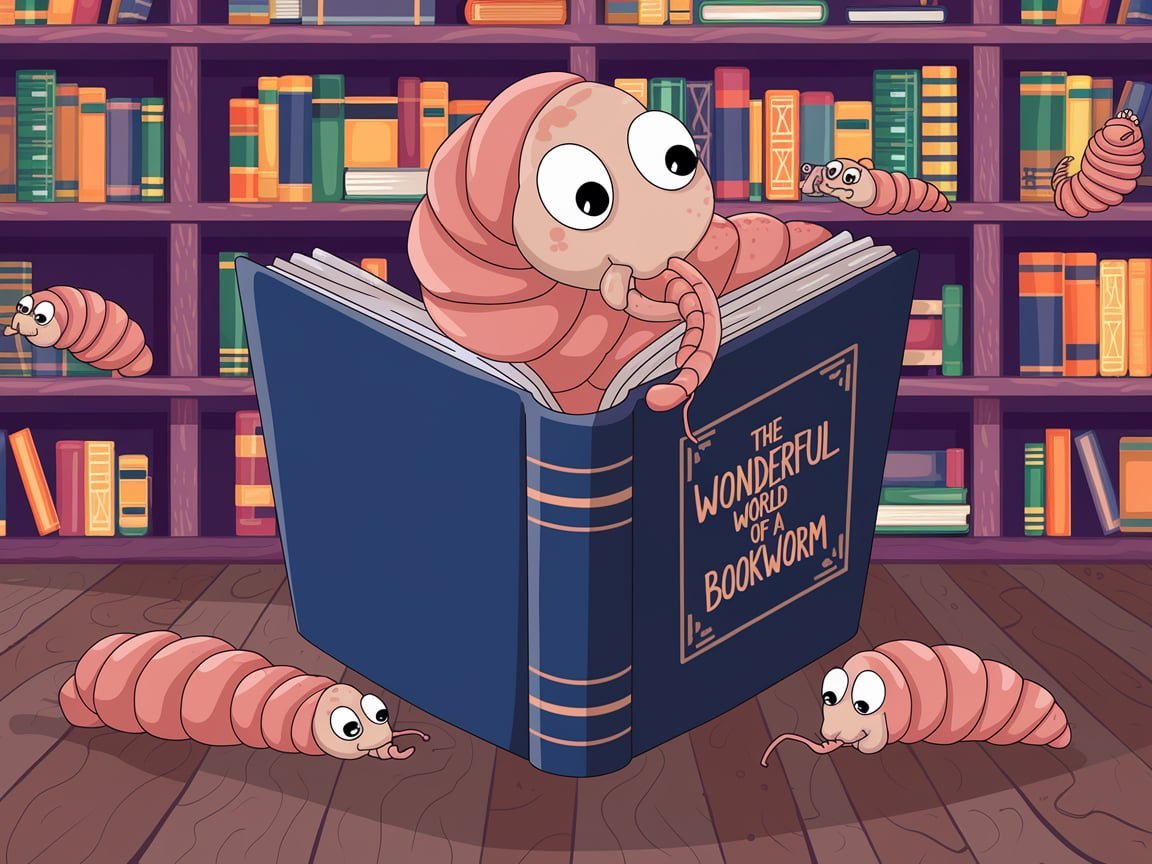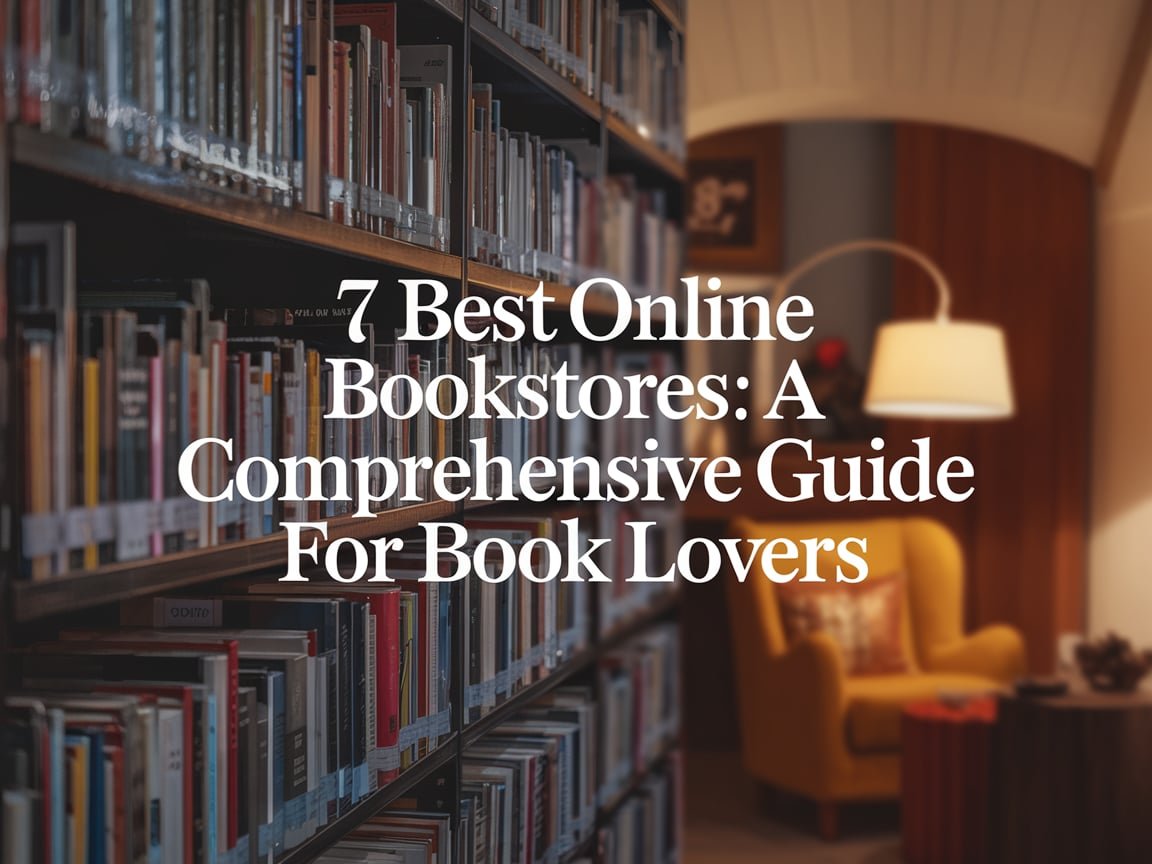In a world filled with digital distractions and endless streams of content, there’s something special about those who still find solace and joy in the pages of a good book. These individuals, affectionately known as bookworms, are the guardians of literary culture and the champions of the written word. But what exactly is a bookworm, and why is this passion for reading so important in today’s fast-paced society? Let’s dive into the wonderful world of bookworms and explore the magic of literature.
What is a Bookworm?
The term “bookworm” might conjure images of a bespectacled individual hunched over a dusty tome, but in reality, bookworms come in all shapes, sizes, and ages. A bookworm is simply someone who has an insatiable appetite for reading. They’re the people who always have a book in their bag, who would rather spend a Friday night curled up with a novel than out at a party, and who have a to-be-read pile that seems to grow taller by the day.
Being a bookworm isn’t just about the quantity of books consumed; it’s about the love and appreciation for the written word. Bookworms find joy in exploring new worlds, meeting complex characters, and grappling with big ideas—all from the comfort of their favorite reading nook.

The Benefits of Being a Bookworm
While some may view excessive reading as a solitary or even antisocial activity, the truth is that being a bookworm comes with a host of benefits:
- Improved Vocabulary and Language Skills: Regular reading exposes you to a wide range of words and writing styles, naturally improving your own language skills.
- Enhanced Empathy: By experiencing stories from different perspectives, bookworms often develop a stronger sense of empathy and understanding for others.
- Stress Reduction: Reading can be a form of escapism, providing a much-needed break from the stresses of daily life.
- Increased Knowledge: Whether it’s fiction or non-fiction, every book has something to teach. Bookworms are often fountains of diverse knowledge.
- Better Memory and Cognitive Function: Reading regularly exercises the brain, potentially improving memory and cognitive abilities.
- Improved Focus and Concentration: In an age of constant distraction, the ability to sit and focus on a book for extended periods is a valuable skill.
The Evolution of the Bookworm in the Digital Age
With the rise of e-readers, audiobooks, and online content, the definition of a bookworm has expanded. Today’s bookworms might be just as likely to listen to an audiobook during their commute or read an e-book on their tablet as they are to crack open a physical book.
This digital shift has made reading more accessible than ever before. Bookworms can now carry entire libraries in their pockets, discover new books with a simple click, and connect with other readers from around the world through online communities.
However, many bookworms still cherish the tactile experience of physical books. The scent of fresh pages, the heft of a hardcover, and the joy of finishing a book are irreplaceable.

Nurturing the Bookworm in You (or Your Child)
Not everyone is born a bookworm, but a love of reading can be cultivated at any age. Here are some tips for nurturing your inner bookworm:
- Find Your Genre: Don’t force yourself to read what you think you “should” read. Explore different genres until you find what truly captivates you.
- Create a Reading Routine: Set aside dedicated time for reading each day, even if it’s just 15 minutes before bed.
- Join a Book Club: Sharing your reading experiences with others can enhance your enjoyment and motivation to read.
- Visit Libraries and Bookstores: Surround yourself with books and fellow book lovers to fuel your passion.
- Try Different Formats: Mix it up with physical books, e-books, and audiobooks to keep things interesting.
- Read Aloud to Children: For parents, reading aloud to kids is a great way to instill a love of books from an early age.
The Bookworm’s Toolkit: Essential Resources
Every bookworm should have a set of tools and resources to enhance their reading experience. Here are some must-haves for the avid reader:
- Goodreads: This social network for book lovers allows you to track your reading, discover new books, and connect with other readers.
- A Good Reading Light: Whether it’s a clip-on book light or a cozy reading lamp, proper lighting is essential for long reading sessions.
- A Comfortable Reading Spot: Every bookworm needs a favorite chair, couch, or nook where they can lose themselves in a good book.
- A Library Card: Free access to thousands of books? Yes, please!
- A Book Journal: Keep track of your thoughts, favorite quotes, and books you want to read next.
- An E-reader or Tablet: For those times when you want to travel light but still have access to your entire library.

Famous Bookworms Throughout History
Bookworms have shaped the course of history, influencing culture, science, and politics through their love of reading. Here are a few notable bookworms:
- Theodore Roosevelt: The 26th U.S. President was known to read a book a day, even during his busiest times in office.
- Oprah Winfrey: Her book club has inspired millions to read and discuss literature.
- Albert Einstein: The famous physicist was an avid reader of philosophy and science fiction.
- Jane Austen: Before becoming a celebrated author, Austen was a voracious reader with access to her father’s extensive library.
- Barack Obama: The former U.S. President is known for his annual reading lists and credits books for making him a better citizen, husband, and father.
These individuals demonstrate that being a bookworm isn’t just a hobby—it’s a way of life that can lead to great achievements and a deeper understanding of the world.
The Social Side of Being a Bookworm
Contrary to the stereotype of the solitary reader, many bookworms find that their love of reading enhances their social lives. Book clubs, literary festivals, author signings, and online reading communities provide opportunities for bookworms to connect with like-minded individuals.
These social interactions allow readers to:
- Share Recommendations: Discover new books and authors through personal recommendations.
- Engage in Deep Discussions: Explore themes, characters, and ideas in greater depth through group discussions.
- Broaden Perspectives: Gain new insights by hearing different interpretations of the same text.
- Build Friendships: Form lasting connections based on shared literary interests.
- Participate in Literary Events: Attend author talks, book launches, and other events that celebrate the world of literature.

The Bookworm’s Challenge: Managing Your To-Be-Read Pile
One of the most common “problems” faced by bookworms is the ever-growing to-be-read (TBR) pile. With so many amazing books being published each year, not to mention the classics and backlist titles waiting to be discovered, it’s easy for a bookworm’s TBR list to become overwhelming.
Here are some strategies for managing your TBR pile:
- Prioritize: Create a system to prioritize your reading list, whether it’s by release date, genre, or personal interest.
- Set Reading Goals: Challenge yourself to read a certain number of books each month or year.
- Practice the “One In, One Out” Rule: For every new book you acquire, read or donate one from your existing collection.
- Rotate Genres: Mix up your reading to prevent burnout and keep things interesting.
- Use Technology: Use apps or spreadsheets to track your TBR list and reading progress.
- Be Realistic: Accept that you may never read every book on your list—and that’s okay!
The Environmental Impact of Being a Bookworm
As lovers of books, it’s important for bookworms to consider the environmental impact of their hobby. The production of physical books requires resources like paper and ink, and the transportation of books also contributes to carbon emissions.
Environmentally conscious bookworms can take steps to reduce their impact:
- Use the Library: Borrowing books instead of buying reduces the demand for new productions.
- Buy Second-Hand: Purchasing used books extends their lifecycle and reduces waste.
- Donate or Resell: Pass on books you’ve finished to new readers instead of discarding them.
- Opt for E-books: Digital books have a lower environmental impact once the initial device is produced.
- Support Eco-Friendly Publishers: Look for publishers who use recycled materials and sustainable practices.
Conclusion: Embracing the Bookworm Lifestyle
Being a bookworm is more than just a pastime—it’s a way of life that enriches our understanding of the world, enhances our empathy, and provides endless entertainment and education. In a world that often seems to move too fast, bookworms remind us of the value of slowing down, diving deep, and exploring the vast universes that exist within the pages of a good book.
Whether you’re a lifelong bibliophile or someone just discovering the joys of reading, remember that there’s always room for growth in your journey as a bookworm. Keep exploring new genres, connecting with fellow readers, and most importantly, never stop turning those pages.
So, to all the bookworms out there: keep reading, keep learning, and keep sharing your love of books with the world. Your passion not only enriches your own life but also helps to keep the flame of literature burning bright for generations to come.






Ein großartiger Beitrag, vielen Dank für die Tipps.
Výborné zpracování, velmi dobře vysvětlené.
Merci pour ce post très instructif, j’ai appris plein de choses.